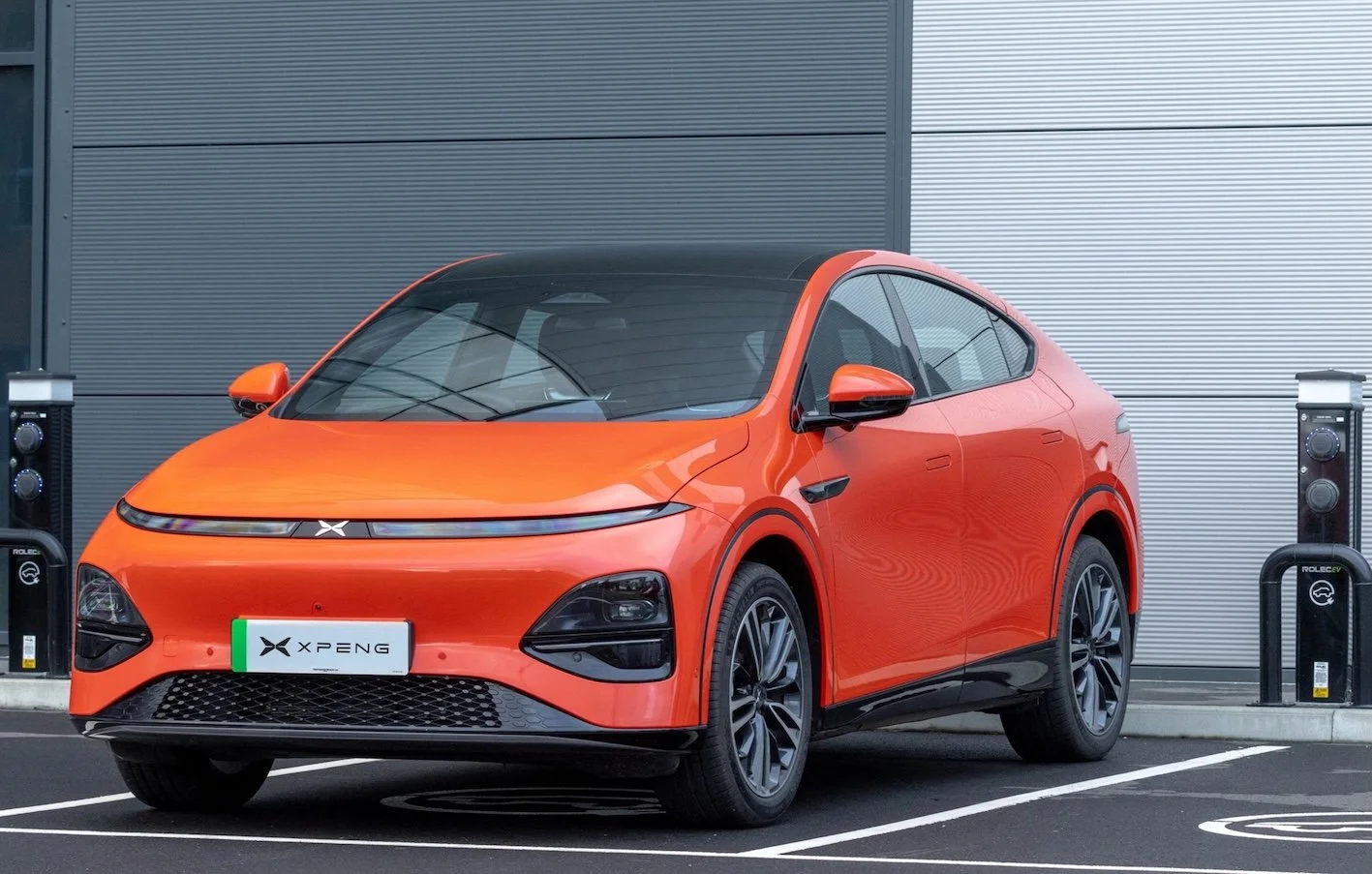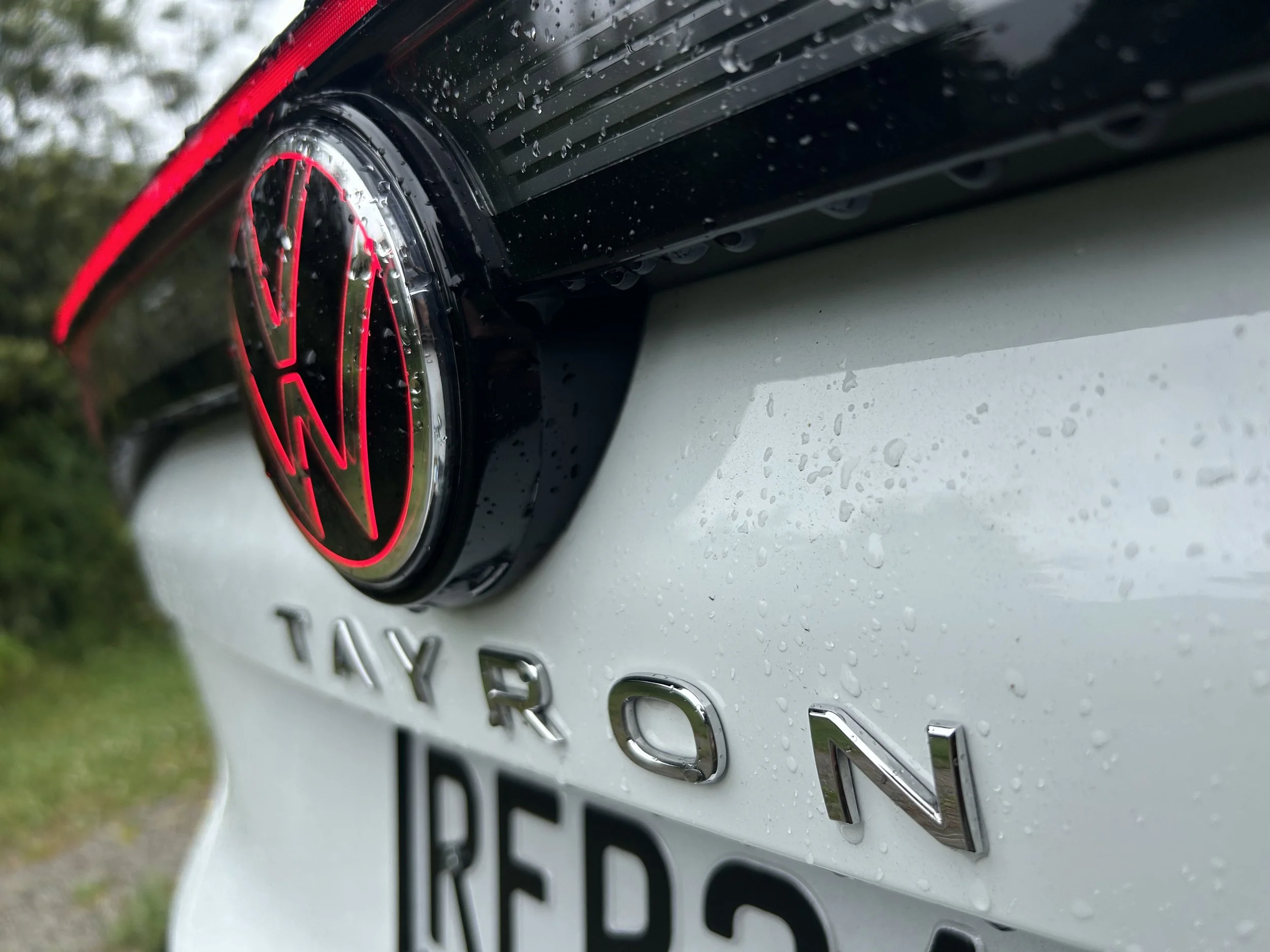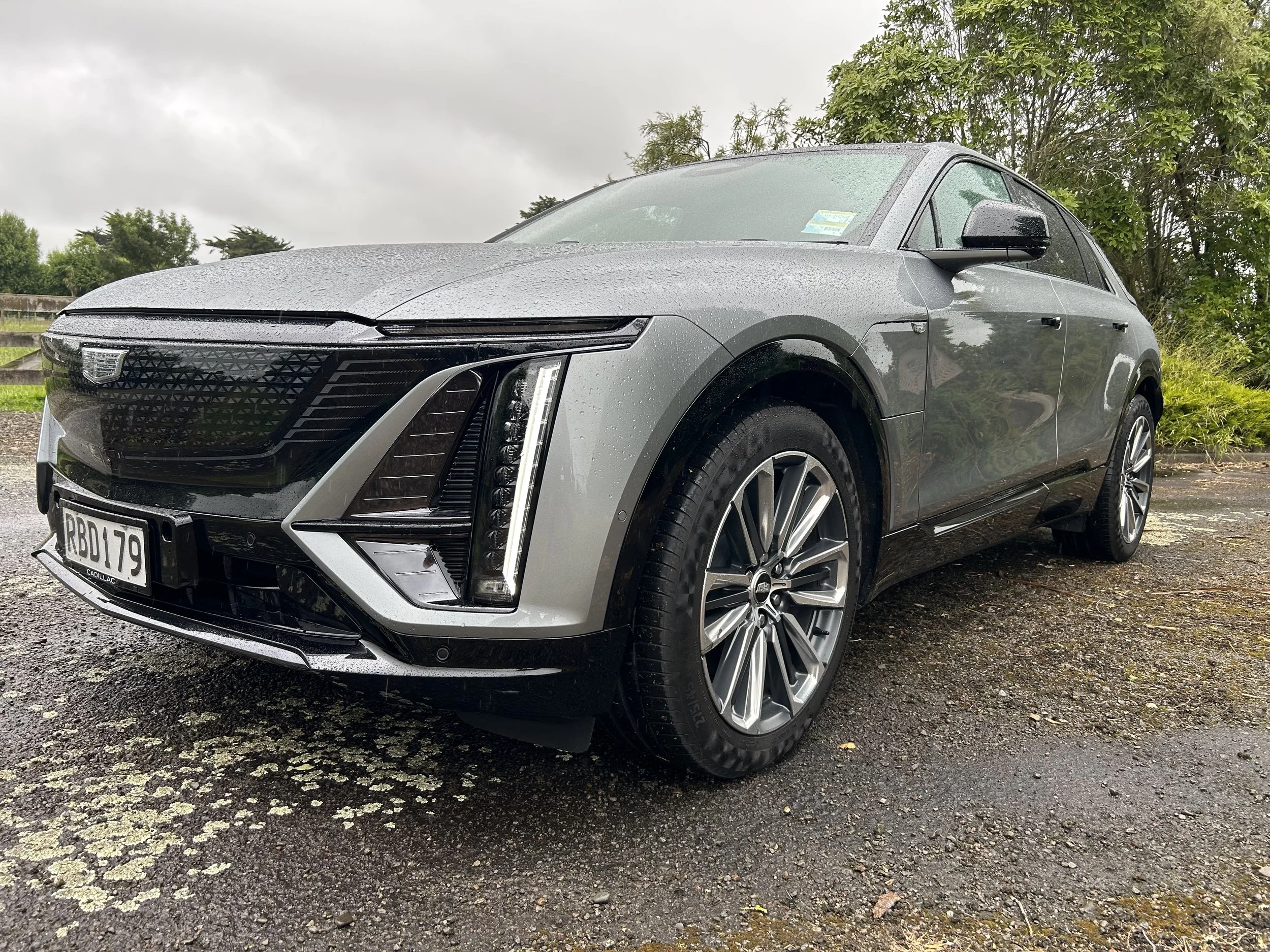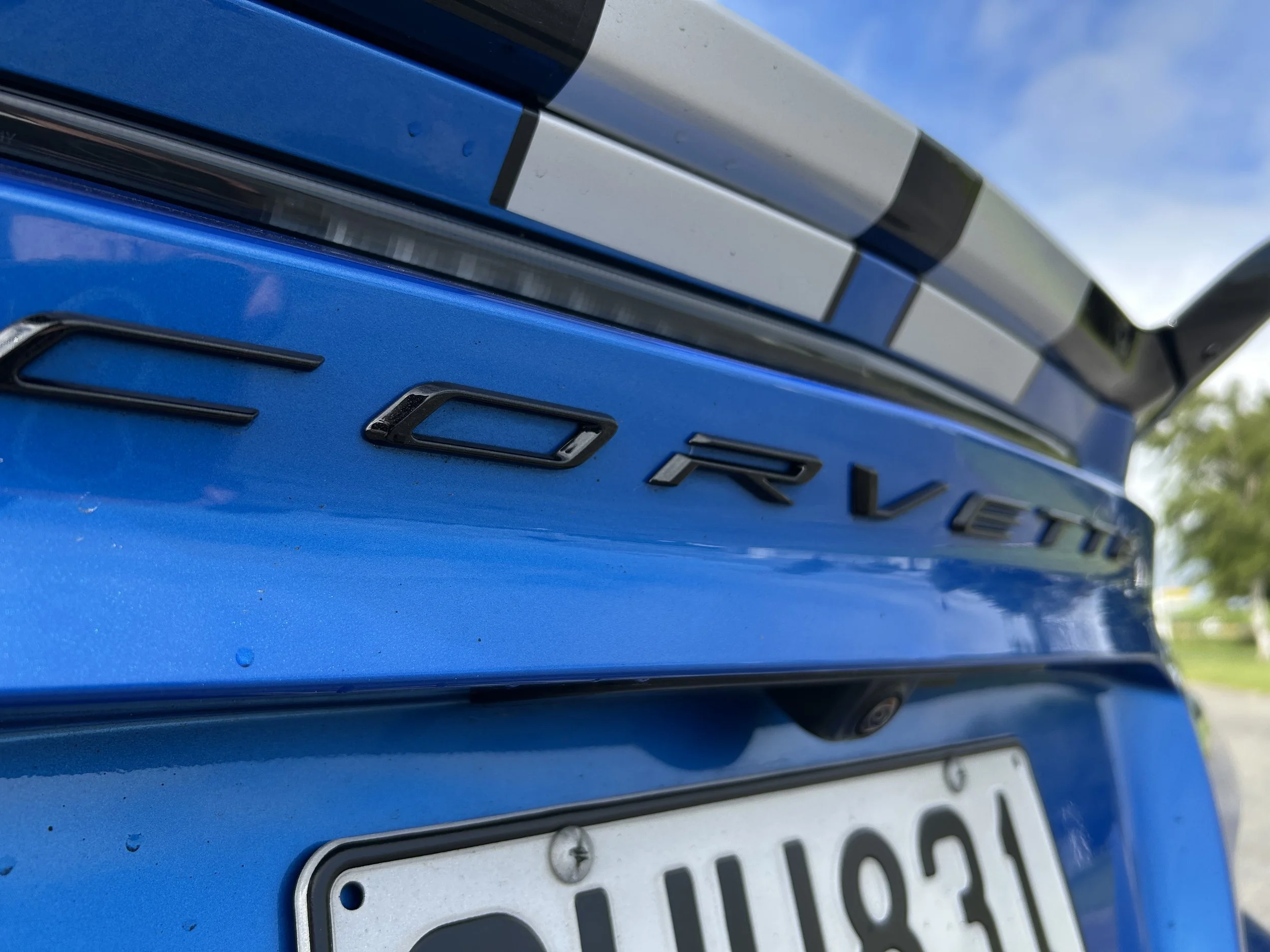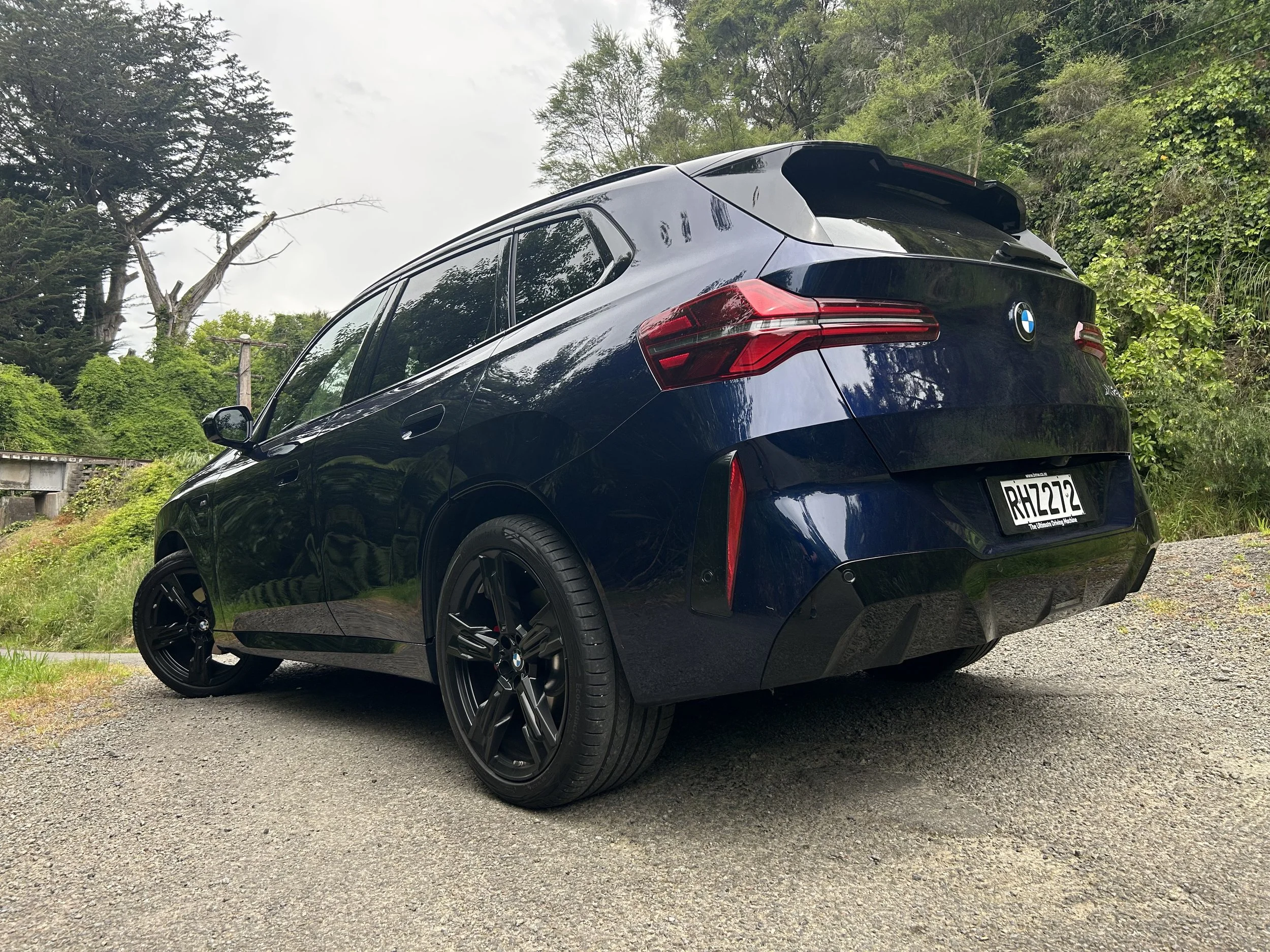Born pricing for rebate hard yakka
/It’s a Kiwi win to secure performance electric in payback zone.
PRICING equality with a common blood Volkswagen and eligibility for the fattest Clean Car rebate has been achieved for the Cupra Born, but only after desperate final hour negotiation.
James Yates, who runs New Zealand operations for the Spanish brand – which represents as Cupra and as SEAT – has spoken to this when confirming the five-door hatchback will be on sale from late year, hopefully September onward, for $79,990.
That’s a sticker equality with car with strong DNA relationship, the base Volkswagen ID.4, which though marketed to a different segment – it’s shaped as a sports utility, whereas Born is more a sporty hatchback – might nonetheless become a cross-shopping candidate.
Both have a common 82kWh (77kWh usable) battery and single-motor drivetrain with comparable outputs.
As expected, Born will avail here in the base same specification that goes to Australia, with identical options packs. Cheaper over there? It seems to be the case. Pure exchange rate analysis works out to a $NZ64,500 car. However, it’s worth bearing in mind that posted Australia market prices do not include stamp duties and other country-specific costs that, depending on the state, will always add thousands. Accordingly, the gap will narrow. But, yes, perhaps our neighbour has an even better deal.
Yet the buddy system still pays off for NZ. Importantly, it’s a convenience that should play to advantage for availability at a time when all VW Group brands are under the pump to serve new markets, such as ours, with their individual products all based on Volkswagen’s MEB electric car platform.
As much as having the same car for two markets makes it easier at production level, VW Group is nonetheless struggling to contain prices when the costs of raw materials are on the rise.
That factor rattled here up to just a few weeks ago, Yates has shared, when it looked as though the car would have to go above $80,000, the cut-off for the Clean Car rebate of $8625.
New Zealand had always mounted a robust argument for why that couldn’t happen to Born – so the factory suggesting a late minute price adjustment might come had to be firmly contested, the Kiwis winning the day.
“It was tricky and we have had to trim margins to get there. We originally had a price from the factory in December that would work, and then a few weeks ago the price went up by thousands of Euro.
“The raw material costs are hitting them hard and they cannot sell it to us at a loss.”
As result, there’s been a bit give and take at all levels – from this side of the table, intent to add heated seats as standard has gone - and the sticker $10 short of the tipping point, announced late yesterday, will stay. Moreover, Yates is confident he can keep the car at that price for the foreseeable future.
“We know that’s a fairly big point in consumers’ minds and we’ve told the factory we need to be at that point for the foreseeable future.
“There will be other inflationary costs coming and how we deal with those? Well, we’re we are just going to try to push them out and build a bunch of cars that can be stock at this price. We’re working through that.”
Launch timing is later than that for ID.4 and other near-siblings, the Skoda Enyaq and Audi Q4, however like those brands Cupra intends to have two demonstration cars – virtually in NZ spec save for very minor detail – here next month, and a road show and to curry pre-availability interest.
There’s definitely some; the order book only opened yesterday and already has five customers who are paying $1000 to cement intent to buy.
Born stands apart from those in being based off Volkswagen ID.3, the first MEB car, with sale in Europe starting in 2020. Also Cupra doesn’t have the dual motor drivetrains that avail with the ID.4, the Skoda and Audi; it will solely come with the one battery size – the largest for all MEBs cars and also used by the Audi, Skoda and VWs here - rear-wheel drive, 170kW/310Nm, WLTP-rated range of 511 kilometres and recharging rates of between 30 minutes off a hypercharger to seven and half hours off a home plug.
Going Aussie has a negative, in respect to the battery. Yates had hoped to secure a Born with a smaller battery, for cost saving, but there’s an issue: Our neighbour. The battery we get is the largest VW Group makes and is determined to be the only one suited for hot climates. It rates Australia, quite reasonably, a ‘hot country’. You’d struggle to say the same about NZ, but as we’re considered one and the same for this deal… well, we feel the heat.
The Born has 19-inch wheels, sports suspension, wired Apple CarPlay and Android Auto, a 12-inch infotainment display and a 5.3-inch digital instrument cluster, tyre pressure monitoring, recycled fibre upholstery, coloured ambient lighting, auto parking, rain sensing wipers, 360 display.
Other tech highlights include LED headlights, cordless device charging, two USB-C sockets for the front occupants and two for the rear, and ambient cabin lighting.
Comfort and convenience features include; keyless locking/unlocking and start, a heated leather steering wheel, dual-zone climate control, tinted rear windows, and a 385-litre boot.
Its main central touchscreen measures 12.0-inches and is complemented by a 5.3-inch driver’s instrument cluster, and Android Auto/Apple CarPlay is standard, although not wirelessly.
Safety and driver assistance features span seven airbags, automatic headlights and wipers, lane-departure and parking assistance, adaptive cruise control, driver fatigue monitoring, and autonomous emergency braking with pedestrian and cyclist recognition.
The option of Aurora Blue paint will have to carefully considered; it costs $850 and takes the car above the rebate.
Buyer can also accessorise otherwise, with Performance and Interior packs, though again these abdicate from the Government payment and Performance Pack reduces the body count, with the back seat swapping from a bench to two individual chairs.
Performance Pack’s big feature otherwise is Dynamic Chassis Control, for $4000, and an upgrade to 20-inch rims wearing Michelin Pilot Sport 4 tyres is a $2500 tick. Those tyres drop claimed driving range to 475km.
The Interior Pack adds more luxury touches to the cabin, including sports front seats with heating, 12-way electric adjustment and massage function and Dinamica upholstery, grey for $3000 blue for $3400. The package also includes a premium Beats sound system with nine speakers, for $950.
Once Born is settled in it will be followed by two other battery-dedicated cars, a sports utility called Tavascan and a small model, spun from a concept called Urban Rebel, that will base off the underpinnings used by a Volkswagen concept unveiled this week, the VW ID2all.
Yates, hope is that the Tavascan can be in circulation here from late 2024. New Zealand is among export markets to take it from a Volkswagen Group joint-venture factory in China's Anhui province.
Born sources from Europe – despite the Spanish stuff, it’s made in Germany - and comes off the same assembly line as ID.3. They share body pressings, drivetrains, and chassis technology. But it is unlikely to face the German model as a competitor immediately, as VW NZ is awaiting the updated ID.3 just unveiled in Europe.
Tavascan is likely to be the only China-sourced MEB car for export, though the Middle Kingdom is already a prominent manufacturing point for NZ-market electrics – namely the Tesla Model 3 and Model Y, the BYD Atto 3, the MG ZS EV, the Polestar 2, BMW’s iX3 and Volvo’s C40 and XC40.







